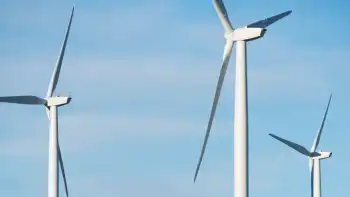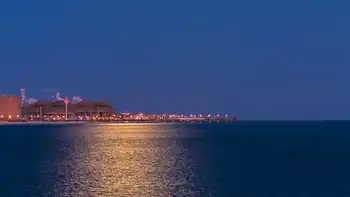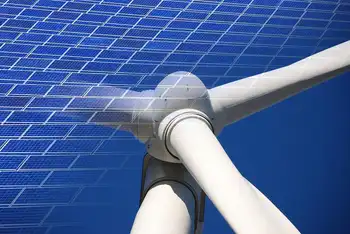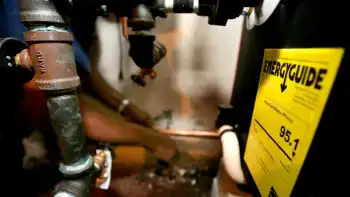Maldives vows to be first carbon-neutral nation
President Mohamed Nasheed said the Indian Ocean islands would swap fossil fuels for wind and solar power, and buy and destroy EU carbon credits to offset emissions from tourists flying to visit its luxury vacation resorts.
"Climate change threatens us all. Countries need to pull together to de-carbonize the world economy," Nasheed said in a statement. "We know cutting greenhouse gas emissions is possible and the Maldives is willing to play its part."
The $1.1 billion plan would require 155 wind turbines supplying 1.5 megawatts each and a half a square kilometer of solar panels to meet the needs of the islands' 385,000 people.
"We aim to become carbon-neutral in a decade," he said.
The state-owned electricity monopoly will be privatized, and investors and donors invited to take part in the plan.
The program envisions installing battery backup in case wind and solar sources are inadequate, and a power plant to be run off coconut husks in the capital, Male.
The Maldives' economy, based almost entirely on fishing and tourism, is worth about $800 million a year, so it will need outside help.
Nasheed last year unseated Asia's longest-serving ruler, 30-year incumbent President Maumoon Abdul Gayoom, in the islands' first multiparty presidential election. Gayoom has become a vocal advocate for mitigating climate change.
Nasheed drew global attention shortly after his election when he said the Maldives would start looking to buy land in other countries to resettle people once the seas rose, but later acknowledged the plan was not feasible financially.
The new plan could pay for itself in 10 years because of the savings on oil imports, said Mark Lynas, an environmentalist and author of three books on climate change who worked with the Maldivian government on the plan.
"It's going to cost a lot of money but it will also save a lot of money from not having to import oil," he said.
The Maldives imports diesel and fuel oil to power its 200 inhabited islands.
"The point of doing it is that it is something the Maldives can lead the world in," Lynas told Reuters. "No rich country has the excuse that it is too expensive and we can't do anything."
In 2007, a U.N. climate change panel predicted an increase in sea levels of 58cm, which would submerge many of the Maldives' 1,192 islands by 2100.
Related News
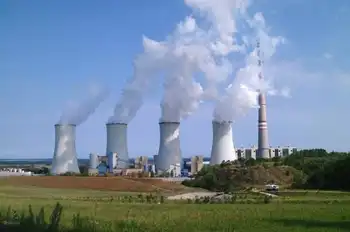
World Bank Backs India's Low-Carbon Transition with $1.5 Billion
INDIA - In a significant move towards bolstering India's efforts towards a low-carbon future, the World Bank has approved an additional $1.5 billion in financing. This article explores how this funding aims to support India's transition to cleaner energy sources, the projects it will fund, and the broader implications for sustainable development.
Commitment to Low-Carbon Transition
India, as one of the world's largest economies, faces substantial challenges in balancing economic growth with environmental sustainability. The country has committed to reducing its carbon footprint and enhancing energy efficiency through various initiatives and partnerships. The World Bank's financing represents a crucial step…

